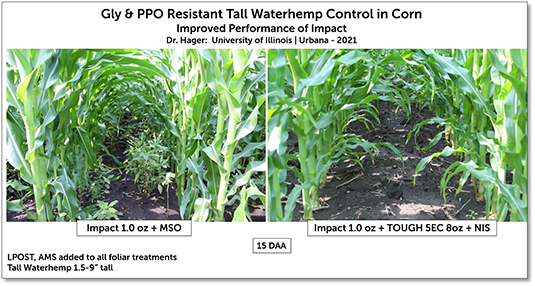Bayer CropScience Celebrates National Pollinator Week
They fly. They buzz. They’re colorful…sometimes. And they help us produce many of the great foods we like to eat like blueberries, almonds and apples.
Most pollinators are animals we see every day – hummingbirds, bats, flies, beetles, wasps, ants, butterflies, moths and bees. And these vital animals provide a service to every person on the planet in some way. They have a critical role in ensuring crops thrive and bring more beauty to flower gardens.
Pollinator Week offers the opportunity to learn about a fascinating and fundamental class of animals – pollinators.
Not only do we see pollinators every day, but we also benefit from their pollination.
- Pollinators are responsible for one out of every three bites of food we eat.
- The U.S. pollination by honey bees and other insects produces nearly $20 billion worth of products annually.
- Foods and beverages produced with the help of pollinators include blueberries, chocolate, coffee, melons, peaches, pumpkins, vanilla, almonds and honey.
Bees are primary pollinators, and through the work Bayer does with bees, we hope to do our part to continue protecting them.
We invite you to help as well. Through the Pollinator Pledge you can request a free packet of pollinating seeds to create a pollinator garden, providing them with nectar, pollen and homes. And for every packet requested, Bayer will donate $1 to the non-profit Pollinator Partnership.
Pollinator Week is an opportunity for everyone to join the buzz by taking part in the life cycle of flowering plants, and Bayer hopes you join with them in celebrating that cause.
Follow Bayer and learn more about its commitment to bee health on Twitter at @Bayer4CropsUS.






